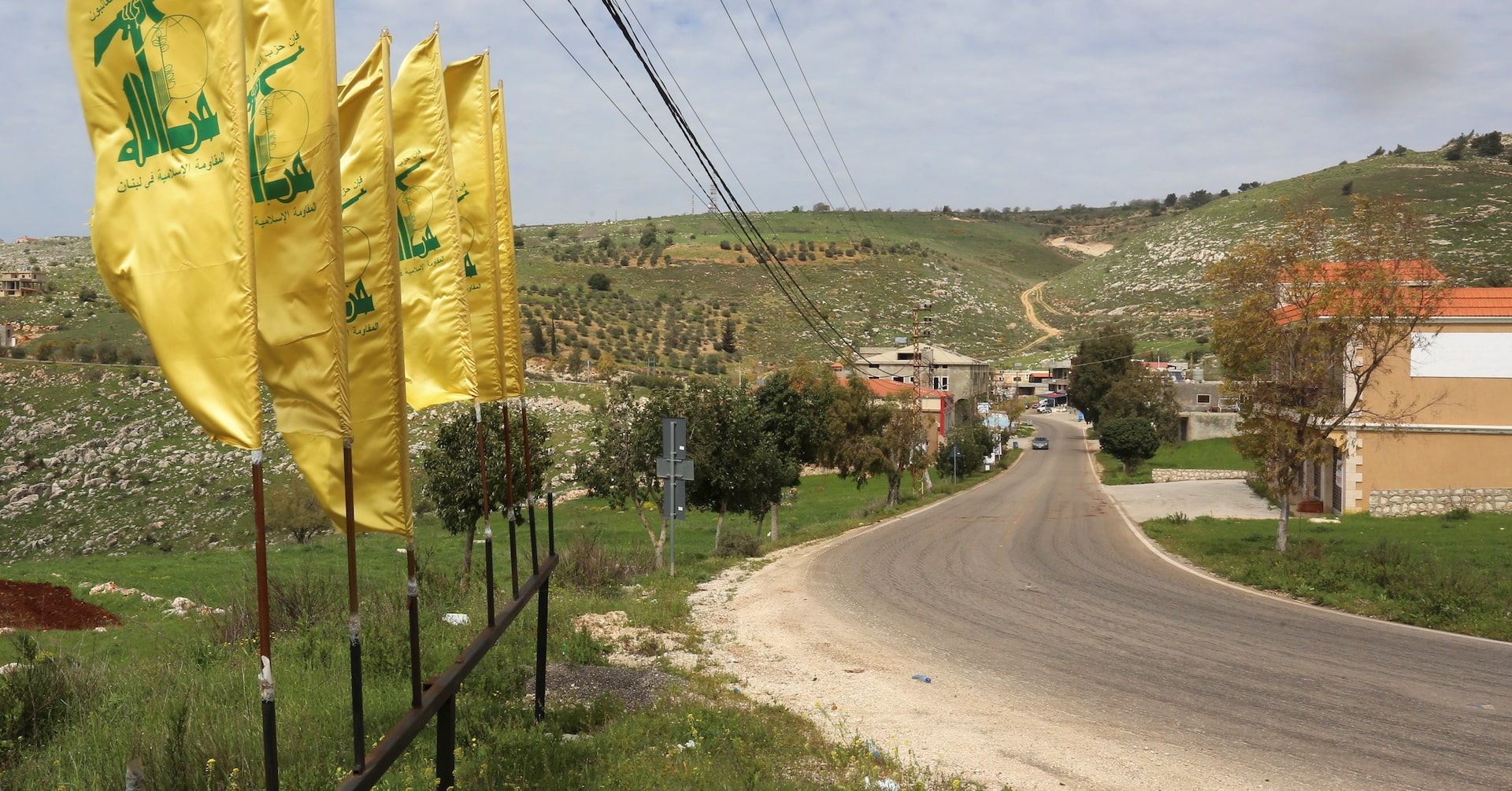Financial Warfare: US Strikes at Hezbollah's Money Lifeline

In a bold move to counter the influence of Hezbollah, the United States has unveiled a new round of targeted sanctions, casting a wide net over five key individuals and three strategic entities associated with the organization. The Treasury Department's latest action, announced on Friday, demonstrates the ongoing diplomatic pressure aimed at curtailing Hezbollah's global operations and financial networks.
These precision-targeted sanctions represent a significant escalation in the U.S. government's efforts to restrict the Lebanese militant group's economic reach and international maneuverability. By identifying and penalizing specific individuals and organizational structures, the United States seeks to disrupt Hezbollah's ability to fund its activities and maintain its geopolitical influence.
The comprehensive sanctions underscore the continued commitment of the U.S. to combating what it considers a terrorist organization, sending a clear message about the potential consequences of supporting or engaging with Hezbollah's network. This latest action is part of a broader strategy to isolate the group financially and diplomatically on the international stage.
